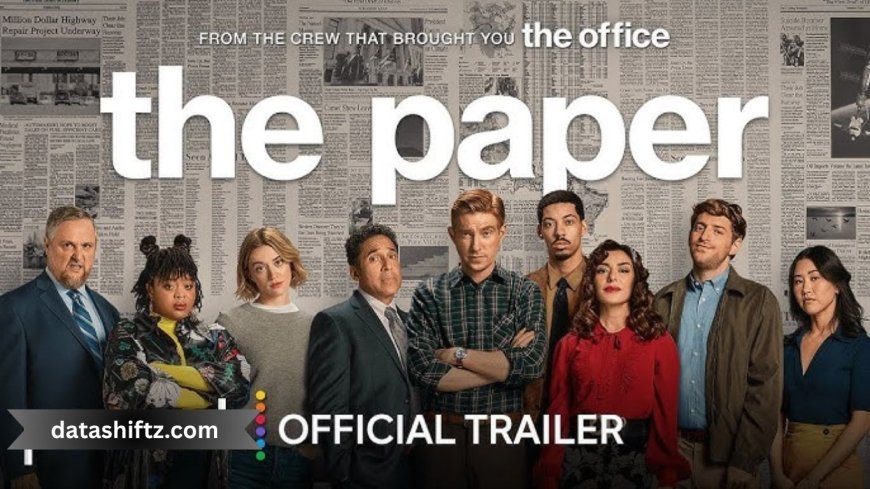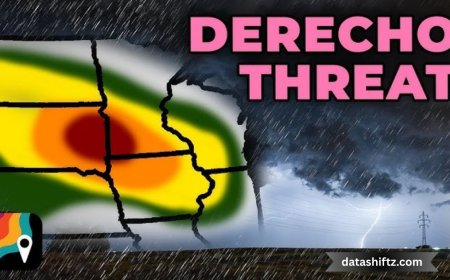The Paper Trailer: Revolutionizing Film Promotion

In today’s fast-evolving entertainment landscape, trailers remain one of the most crucial tools for generating buzz and anticipation around upcoming films. Among various formats, the paper trailer — a creative, minimalist approach using paper art and animation — is making waves. This article delves into the concept of paper trailers, their growing popularity, and what the latest news reveals about this unique form of movie promotion.
Exploring the Magic Behind Paper Trailers
The term paper trailer might seem unusual at first, but it represents an innovative storytelling technique where filmmakers use paper cutouts, origami, stop-motion, and hand-drawn illustrations to create trailers. Unlike traditional trailers relying on live-action footage or CGI, paper trailers focus on simplicity, creativity, and artistic expression.
Defining Characteristics of Paper Trailers:
-
Minimalist Design: Uses simple paper elements and textures.
-
Stop-Motion Animation: Often created frame-by-frame for fluid storytelling.
-
Artistic Flair: Incorporates hand-crafted aesthetics.
-
Cost-Effective: Less expensive than high-end CGI trailers.
-
Unique Appeal: Stands out in a market saturated with high-budget trailers.
Why Paper Trailers Are Capturing Audience Attention in 2025
Paper trailers are no longer niche experiments. In 2025, several independent filmmakers and even some major studios are experimenting with this format to capture audiences’ attention through nostalgia, charm, and originality.
Some key drivers behind this trend include:
-
Digital Overload: Audiences are overwhelmed by flashy, high-intensity visuals; paper trailers offer a refreshing break.
-
Social Media Shareability: Their unique look encourages shares, likes, and viral spread.
-
Eco-Friendly Production: Paper-based trailers often have a smaller carbon footprint compared to large film shoots.
Breakthroughs in Paper Trailer Innovations
Let’s explore some of the latest updates about paper trailers making headlines today:
| Date | Film/Project | Studio/Creator | Notable Aspect |
|---|---|---|---|
| July 2025 | Folded Fate | Indie Studio PaperPix | Entire trailer made from origami sequences |
| August 2025 | The Last Cutout | Studio LeafWorks | Blend of stop-motion and hand-drawn elements |
| September 2025 | Paper Shadows | Big Studio AnimArt | Viral social media campaign using paper art |
In-Depth Look: Origami Brilliance in Folded Fate
The indie film Folded Fate has taken the paper trailer format to a new level by crafting the entire preview through intricate origami sequences. The trailer showcases how paper art can tell complex narratives, winning praise from critics and audiences alike.
Why Filmmakers Are Turning to Paper Trailers
Why are filmmakers and marketers leaning into paper trailers? Here’s a detailed look at the benefits:
1. Genuine and Tangible Storytelling
Unlike digital-only content, paper trailers feel tactile and handcrafted, offering viewers a sensory connection that resonates deeply.
2. Boundless Creative Expression
Paper provides a versatile medium allowing artists to experiment with textures, light, shadow, and motion in unique ways.
3. Budget-Friendly Production
Low budget projects benefit significantly as paper trailers don’t require expensive actors, locations, or CGI.
4. Distinctive Brand Presence
Their distinctive style makes paper trailers memorable, helping films stand out in crowded promotional spaces.
How to Craft an Engaging Paper Trailer: Step-by-Step
For those intrigued by this art form, here’s a simplified checklist to start crafting your own paper trailer:
-
Develop Your Concept:
-
Define the core narrative or theme.
-
Decide which scenes or elements to highlight.
-
-
Create Paper Designs:
-
Choose appropriate paper types and colors.
-
Cut, fold, or draw your characters and backgrounds.
-
-
Arrange the Setup:
-
Arrange lighting for clear visibility.
-
Use a stable camera or smartphone.
-
-
Animate Frame-by-Frame:
-
Capture movements through stop-motion.
-
Maintain smooth, consistent transitions.
-
-
Add Soundtrack and Effects:
-
Incorporate sound effects and music.
-
Sync audio with visuals for maximum impact.
-
-
Edit and Finalize Your Trailer:
-
Use video editing tools to compile clips.
-
Add text or voiceovers as needed.
-
Paper Trailers vs. Traditional Trailers: What Sets Them Apart?
Here’s a concise comparison to understand why paper trailers offer something fresh and exciting:
| Feature | Paper Trailer | Traditional Trailer |
|---|---|---|
| Visual Style | Handcrafted, artistic | High-definition, realistic |
| Production Cost | Low to moderate | Often very high |
| Storytelling Method | Minimalist, symbolic | Detailed, direct scenes |
| Audience Appeal | Niche, artistic communities | Mass-market viewers |
| Marketing Impact | Unique, viral potential | Wide reach, broad impact |
| Environmental Impact | Eco-friendly | Larger carbon footprint |
The Future of Paper Trailers in Film Promotion
As film marketing evolves, paper trailers are becoming an exciting option for creative campaigns, especially for indie and art-house films. Anticipate innovations such as:
-
Augmented Reality (AR) Paper Trailers: Interactive trailers where paper elements come alive through AR apps.
-
Collaborative Fan Projects: Crowdsourcing paper art designs to engage fans early.
-
Green Production Initiatives: Increased use of recycled and sustainable materials.
Final Thoughts: The Enduring Charm of Paper Trailers
Paper trailers prove that simplicity and creativity can cut through the noise of today’s cinematic promotions. As evidenced by recent news and projects, this artful approach offers filmmakers a unique way to connect with audiences. Whether you're a filmmaker, marketer, or fan, the rise of paper trailers signals an inspiring future where handcrafted storytelling shines bright.






























